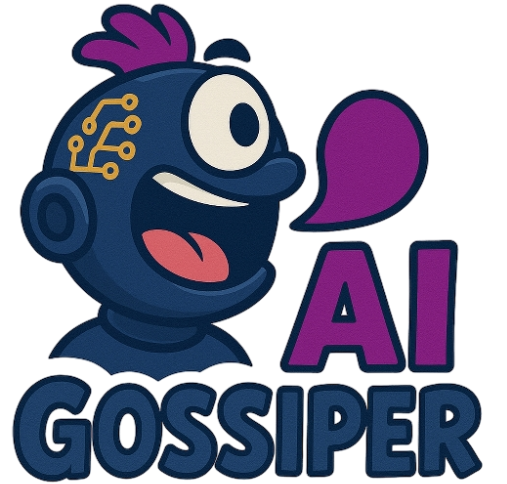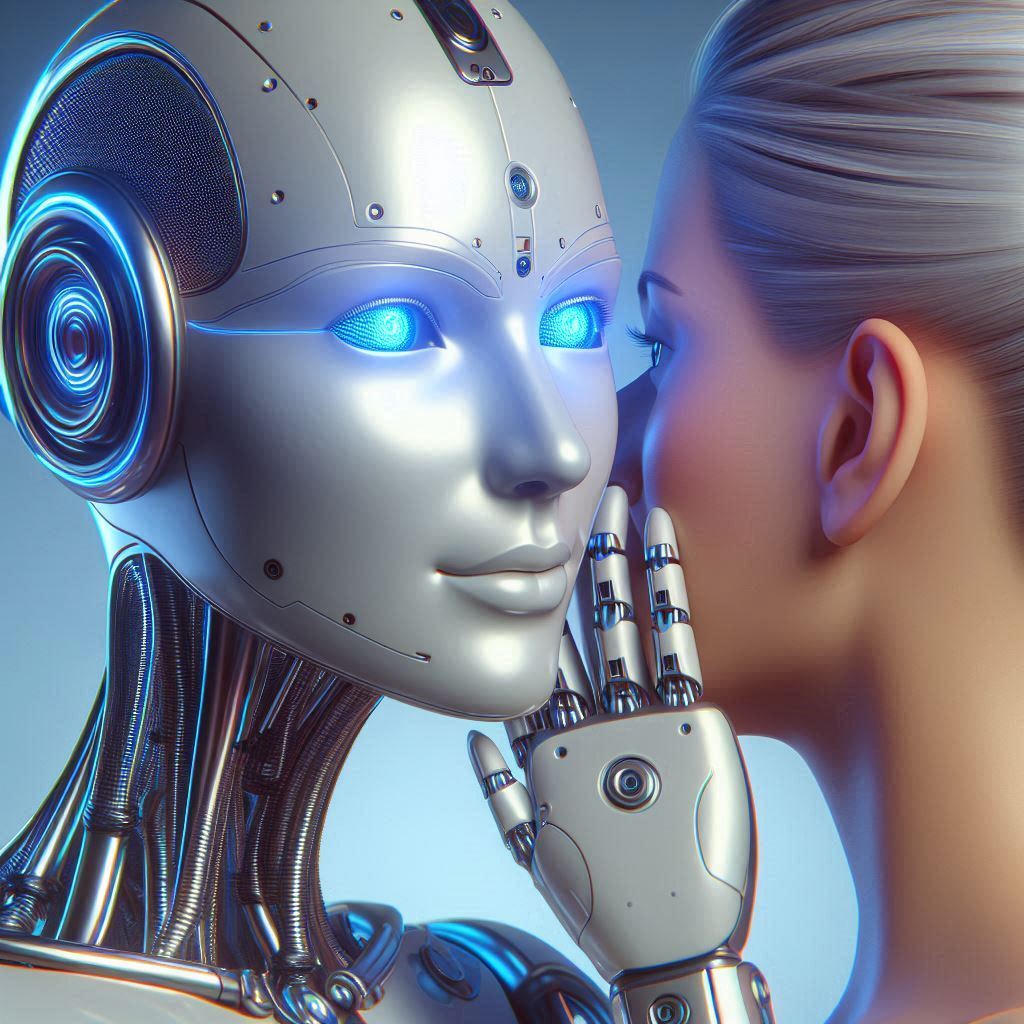
The Impact of AI on Healthcare and Wellness: Current Trends and Future Prospects
Artificial intelligence is no longer a futuristic concept in healthcare—it’s actively reshaping how we diagnose, treat, and manage health. From accelerating drug discovery to personalizing patient care, AI’s integration into medicine is driving unprecedented efficiency and innovation. This transformation extends beyond clinical settings into personal wellness, where technology empowers individuals to proactively manage their mental and physical health. Let’s explore the current trends and future potential of this revolution.
Current AI-Driven Trends in Healthcare
Diagnostics have entered a new era with AI. Algorithms analyze medical images—like X-rays, MRIs, and CT scans—with speed and precision surpassing human capabilities in some cases. For example, AI tools detect early signs of cancer, diabetic retinopathy, or neurological disorders, often identifying subtle patterns invisible to the naked eye. This not only reduces diagnostic errors but also expedites life-saving interventions.
Personalized medicine is another breakthrough. By processing genetic data, lifestyle factors, and electronic health records, AI tailors treatments to individual patients. Oncology leverages this heavily, with AI predicting how tumors respond to specific therapies. Meanwhile, wearable devices sync with AI platforms to monitor chronic conditions like diabetes or heart disease in real time, alerting users and doctors to anomalies before they escalate.
Telehealth has exploded, with AI chatbots handling initial patient triage, scheduling, and symptom assessment. Virtual assistants provide 24/7 support, reducing administrative burdens and improving access for rural or mobility-limited populations. Mental health apps employ natural language processing to offer cognitive behavioral therapy or detect emotional distress from speech patterns, bridging gaps in traditional care.
Drug discovery, once a decade-long process, is accelerating. AI models predict molecular behaviors and simulate drug interactions, slashing R&D timelines. The recent development of new antibiotics and COVID-19 therapeutics underscores AI’s life-saving potential.
Wellness and AI: A Symbiotic Shift
Beyond clinical care, AI fuels the wellness movement. Fitness apps create adaptive workout plans using biometric data, while nutrition platforms design meal recommendations based on gut health or metabolic profiles. Sleep trackers analyze patterns and suggest optimizations for restorative rest. Mental wellness tools use predictive analytics to remind users to meditate, hydrate, or take breaks—preventing burnout before it starts.
Central to this is neuroscience-inspired innovation. Techniques like brainwave entrainment, once confined to labs, are now accessible at home. These technologies align with AI’s philosophy: leveraging data to optimize human potential.
Introducing The Genius Wave
For those prioritizing cognitive wellness, The Genius Wave offers a research-backed solution. Developed by NASA neuroscientist Dr. James Rivers, this audio program uses theta brainwave entrainment to unlock creativity, mental clarity, and focus. Unlike generic meditation apps, it deploys precise binaural beats and isochronic tones to guide your brain into a theta state—the optimal frequency for learning, problem-solving, and reducing stress.
The Genius Wave’s 7-minute daily audio sessions fit seamlessly into busy schedules, making sustained cognitive enhancement achievable. It’s ideal for professionals, students, or anyone seeking to harness their mental edge. By prioritizing neurological health, it complements broader AI-driven wellness strategies that emphasize prevention and optimization.
Future Prospects: Challenges and Opportunities
Looking ahead, AI’s healthcare potential is vast yet nuanced. Predictive analytics could forecast outbreaks or individual health risks years in advance, while robotic surgery and AI-assisted robotic care might become routine. However, challenges persist: data privacy concerns, algorithmic bias, and equitable access must be addressed. Ethically, we’ll need transparent frameworks—especially as generative AI manages sensitive patient interactions.
On the wellness front, expect deeper integration of biometric wearables with AI coaches, offering hyper-personalized lifestyle feedback. Neural interfaces might soon adapt therapies in real time based on brain activity. The focus will shift from reactive care to sustaining peak human performance.
Prioritize Your Cognitive Wellness Today
AI’s impact on health is undeniable, rewarding proactive individuals with tools once unimaginable. Whether enhancing medical outcomes or personal vitality, the synergy of technology and wellness redefines what’s possible. If you’re ready to optimize your mental clarity and creativity, explore The Genius Wave. Backed by neuroscience and crafted for real results, it’s an investment in your cognitive future. Access the program and begin your journey here. Start unlocking your brain’s potential today!

